ASL at…the Symphony?
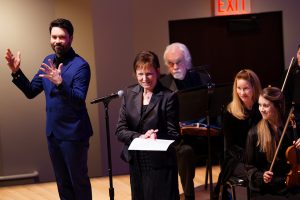 If you’ve been to an FSO performance recently, you may have noticed an addition to the stage. James Cech, American Sign Language (ASL) interpreter and owner of Stage Hands, LLC, now interprets the pre-concert talk and spoken announcements during the concert.
If you’ve been to an FSO performance recently, you may have noticed an addition to the stage. James Cech, American Sign Language (ASL) interpreter and owner of Stage Hands, LLC, now interprets the pre-concert talk and spoken announcements during the concert.
Stage Hands specifically interprets for performing arts experiences, and all of its ASL performers and consultants work together to “evolve the perspective that accessibility in entertainment venues is not an ADA obligation, but an artistic opportunity.” As FIM continues to learn more about our audiences and their unique needs, it is our pleasure – not our obligation – to make every experience engaging for every patron.
But isn’t the symphony just music?
To the hearing community, it may seem odd to have a visual interpreter at an auditory performance. But people who are Deaf and hard-of-hearing enjoy the physical feeling of music just as much as those who can hear it. Those with partial hearing loss may only hear a certain range of tones, while those who are completely Deaf may experience the full spectrum of sound through the beat. And of course, there is plenty to see on stage.
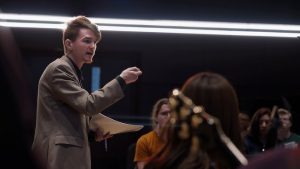
Tyler Mazone is an FSO patron, a bass clarinetist and a doctoral candidate in music composition at Michigan State University. He also identifies as Deaf, and grew up in Deaf classrooms through all of elementary and high school. For Mazone, music is not just auditory, but a multisensory experience.
“I feel the low instruments on stage, I see the performers playing, and I feel the presence of the musicians’ sound in the space. It engages all of my senses in a way that calms and regulates me,” he says.
While an interpreter on the stage at the symphony may simply be an interesting addition for hearing audiences, it is an imperative for patrons like Mazone. “It makes it so much easier to access [the concert], especially when the conductor is talking before a piece or during the pre-concert talk,” he says. “This positively affects my desire to attend an FSO event, and I feel more energized to go.”
Not to mention, says Mazone, adding an interpreter makes the concerts more accessible and appealing to the Flint Deaf community at large, including students at the Michigan School for the Deaf, which makes its home in the city.
“New patrons can go to an event they may not have thought of attending before!” he says.
Our thanks to ASL sponsor:

Coming Up Next
-
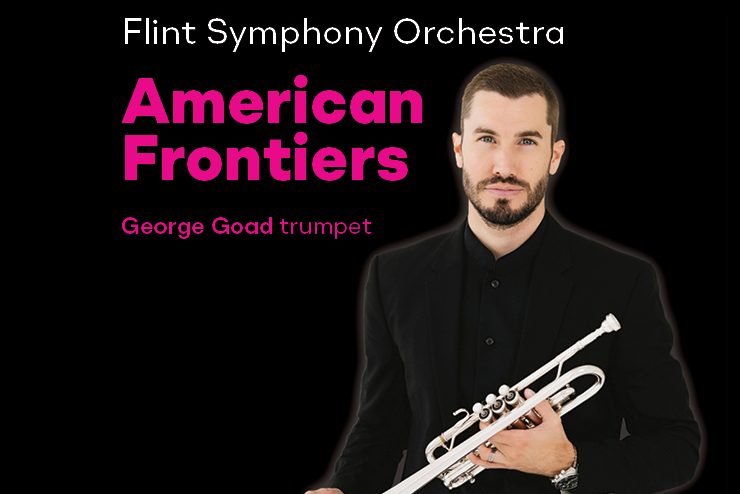 TicketedFlint Symphony Orchestra
TicketedFlint Symphony OrchestraAmerican Frontiers
• 7:30 PMLocation: Whiting Auditorium -
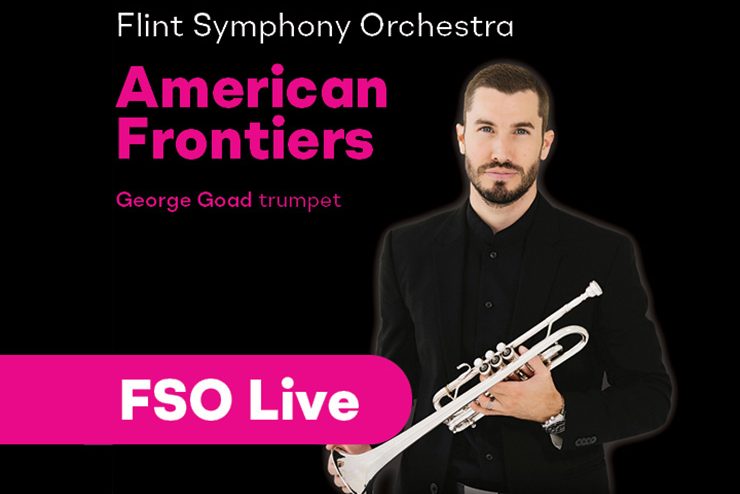 TicketedFlint Symphony Orchestra
TicketedFlint Symphony OrchestraFSOLive: American Frontiers
Copland, Still and John Williams• 7:30 PM -
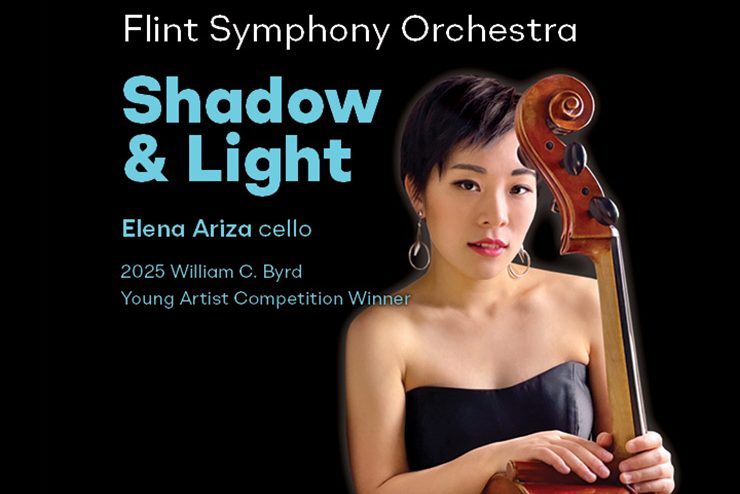 TicketedFlint Symphony Orchestra
TicketedFlint Symphony OrchestraShadow & Light
• 7:30 PMLocation: Whiting Auditorium -
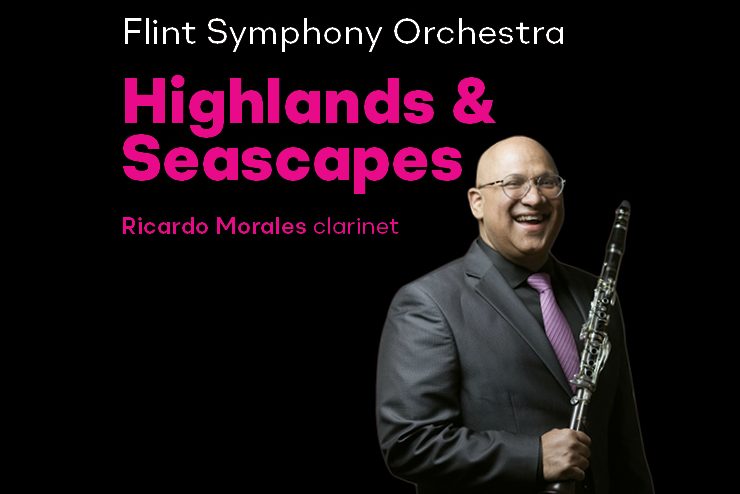 Flint Symphony Orchestra
Flint Symphony OrchestraHighlands & Seascapes
• 7:30 PMLocation: Whiting Auditorium